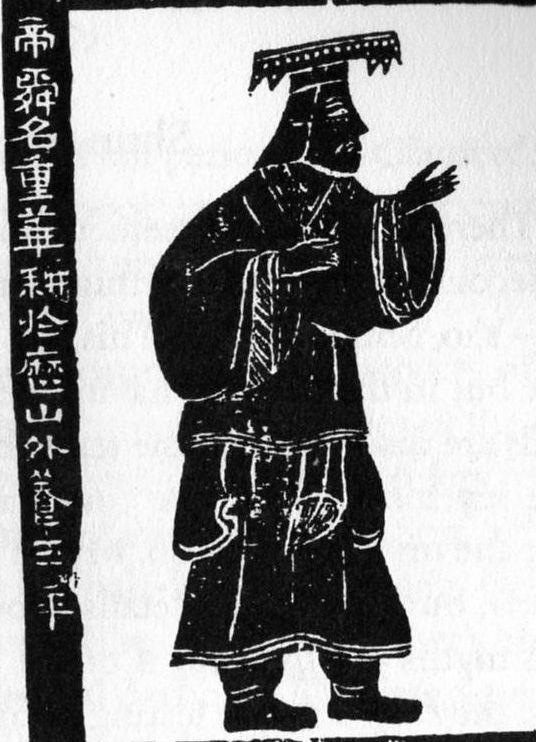This is the fifth in a series of articles by Epoch Times describing the foundations of Chinese civilization, and setting forth the traditional Chinese worldview. The series surveys the course of Chinese history, showing how key figures aided in the creation of China’s divinely inspired culture. This installment covers the life and reign of Shun, successor to the vaunted Emperor Yao.
Seeing that his own son, Dan Zhu, was not morally fit for the throne, Emperor Yao sought the acquaintance of worthy men to whom he might pass on the weighty responsibilities of leadership.
Yao met with four different candidates, but they all declined the offer. Luckily, the last sage, Si Yue, recommended a fifth and final heir. That was Yu Chonghua, a man poor in station but superior in character, and who would be posthumously known as Emperor Shun.
A Filial Son in an Ungrateful Family
Shun was a man who spent nearly his entire childhood in the shadows of a wicked stepfamily. When his mother died and his father remarried, the new woman abused Shun and his elder brother. The two received frequent beatings and curses, and were sometimes starved.
Shun’s brother did not survive the torture, but for the future emperor, the suffering served to steel his moral character. When he was about 10 years old, a Taoist master called Wu Cheng Zi saw promise in the boy and wanted to teach him reading and writing.





